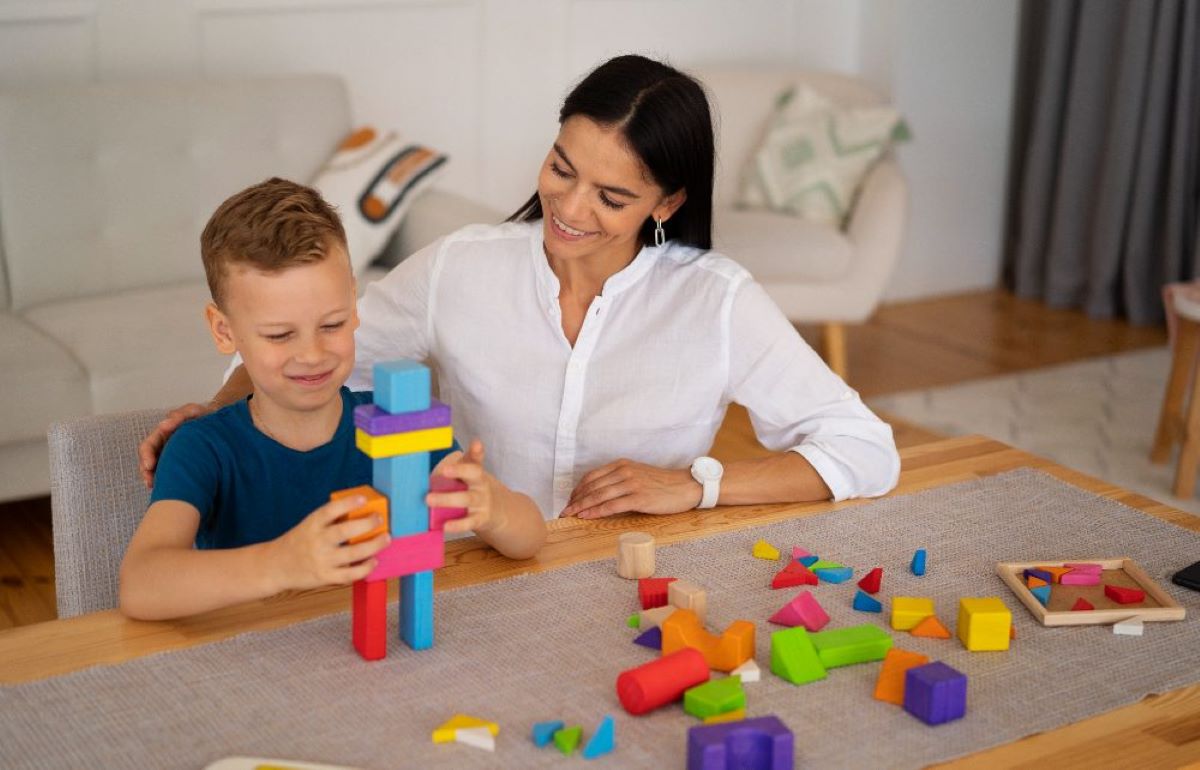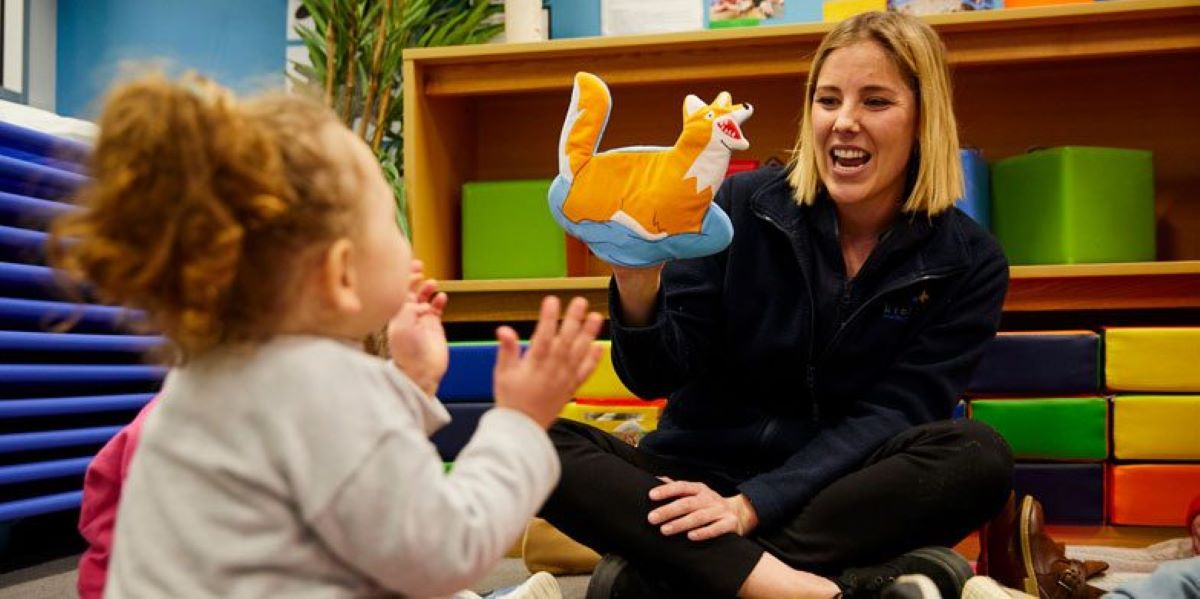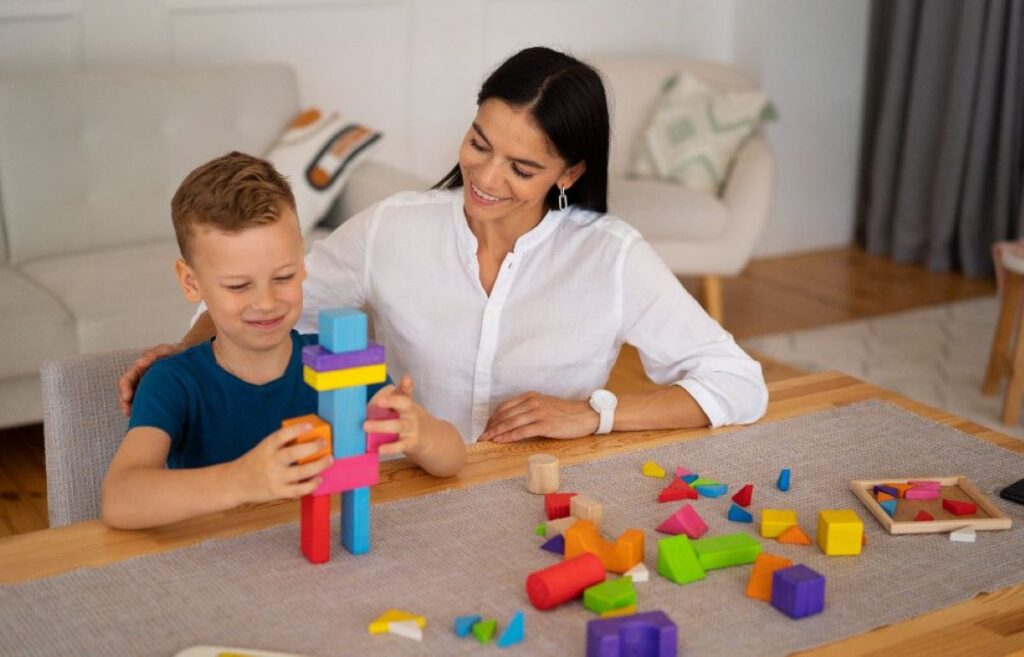How Speech Therapy in Castle Hill Helps Children Communicate with Confidence
Effective communication is a fundamental skill that shapes a child’s ability to interact with the world around them. In Castle Hill, speech therapy plays a pivotal role in helping children overcome communication disorders, enabling them to express themselves with confidence. This article delves into the significance of speech therapy, the various methods employed, and the positive impact it has on children’s lives.
The Importance of Speech Therapy
Speech therapy is not merely a remedial service; it is a vital resource that equips children with the necessary tools to thrive in their social and academic environments. In New South Wales, approximately 13% of children in primary and secondary schools are affected by communication disorders, highlighting the need for accessible speech therapy services.
According to a spokesperson from Chat Well, “Speech therapy is not just about fixing a problem; it’s about giving children the tools they need to thrive in life.” This perspective underscores the holistic approach taken by speech therapists, who aim to foster not only communication skills but also self-esteem and social interaction.
Furthermore, the Australian speech therapy market is expanding, driven by increased awareness of speech and communication disorders and improved healthcare access. This growth is essential in ensuring that children, especially those in socioeconomically disadvantaged areas, can easily find speech therapy near me and receive the support they need.

Understanding Communication Disorders
Communication disorders can manifest in various forms, including speech delays, stuttering, and language impairments. These challenges can significantly hinder a child’s ability to express themselves, leading to frustration and social withdrawal.
Research indicates that over 50% of young offenders in Australia have language impairments, suggesting a strong link between communication difficulties and behavioural issues. This correlation highlights the importance of early intervention through speech therapy, which can help mitigate such risks.
Common types of communication disorders include:
- Articulation Disorders: Difficulty pronouncing sounds correctly.
- Fluency Disorders: Challenges with the flow of speech, such as stuttering.
- Language Disorders: Difficulty understanding or using language effectively.
How Speech Therapy Works
Speech therapy employs a variety of techniques tailored to each child’s unique needs. The therapy process typically begins with an assessment conducted by a qualified speech pathologist, who evaluates the child’s communication abilities and identifies specific areas for improvement.
Once the assessment is complete, the speech pathologist develops a personalised treatment plan that may include:
- Individual Therapy Sessions: One-on-one sessions focusing on targeted skills.
- Group Therapy: Encouraging social interaction and communication in a supportive environment.
- Family Involvement: Engaging parents and caregivers in the therapy process to reinforce skills at home.
Innovative Approaches in Speech Therapy
Recent developments in technology have introduced innovative approaches to speech therapy. For instance, a digital speech therapy app designed for stuttering has shown promising results, leading to a 52.7% reduction in overall stuttering severity among participants. Such advancements make therapy more accessible and engaging for children.
In Castle Hill, local speech therapists are increasingly incorporating these digital tools into their practice, allowing children to practise their skills in a fun and interactive manner. This blend of traditional and modern methods ensures that therapy remains effective and relevant.
The Role of Parents and Caregivers
Parents and caregivers play a crucial role in the speech therapy process. Their involvement not only reinforces the skills learned during therapy sessions but also provides emotional support to the child. Taking the first step to seek support demonstrates incredible care for a child’s development, as noted by experts in the field.
In the Hills District community, resources are readily available to connect families with the right professionals. Speech therapists often provide guidance on how parents can support their child’s communication development at home, ensuring that progress continues outside of therapy sessions.
Learn about: Exploring Occupational Therapy Australia: Nationwide Options for Families
Creating a Supportive Environment
Creating a nurturing and supportive environment at home is essential for a child’s communication development. Parents can foster this environment by:
- Encouraging Open Dialogue: Allowing children to express themselves freely without fear of judgement.
- Engaging in Interactive Activities: Playing games that promote language skills, such as storytelling and role-playing.
- Reading Together: Sharing books and discussing stories to enhance vocabulary and comprehension.
Accessing Speech Therapy Services in Castle Hill
Access to speech therapy services in Castle Hill has improved significantly in recent years, with a 30% increase in the number of practising speech pathologists in Australia between 2015 and 2020. This growth reflects the rising demand for speech therapy, as more families recognise the importance of addressing communication disorders early.
In Castle Hill, families can find a range of services, from private practices to community health centres, offering tailored speech therapy programmes. Many therapists also provide telehealth options, making it easier for families to access support from the comfort of their homes.
Choosing the Right Speech Therapist
When selecting a speech therapist, it is essential to consider several factors to ensure the best fit for your child:
- Qualifications and Experience: Look for therapists with relevant qualifications and experience in treating specific communication disorders.
- Approach to Therapy: Consider the therapist’s methodology and whether it aligns with your child’s needs and personality.
- Feedback from Other Families: Seek recommendations from other parents to gauge the therapist’s effectiveness and rapport with children.

Conclusion
Speech therapy in Castle Hill is a vital resource for children facing communication challenges. By providing tailored support and fostering a nurturing environment, speech therapists empower children to communicate with confidence. As awareness of communication disorders continues to grow, it is crucial for families to seek out the necessary resources and support to ensure their children can thrive in all aspects of life.
With the right tools and guidance, every child has the potential to overcome communication barriers and develop the skills needed for a successful future.
Learn more: Exploring Occupational Therapy Australia: Nationwide Options for Families
FAQs about Speech Therapy in Castle Hill
Speech therapy helps children overcome communication disorders, improve their language skills, and build confidence in social and academic settings.
Early intervention is key. If your child shows delays in speech, stuttering, or difficulty understanding language, it’s best to consult a speech therapist as early as preschool years.
Speech therapy can help with articulation disorders, fluency disorders (like stuttering), and language disorders that affect comprehension and expression.
Local speech therapists start with an assessment and create a personalised treatment plan, which may include one-on-one sessions, group therapy, and family involvement.
Yes, many therapists now offer telehealth sessions and use digital apps that make therapy more engaging and accessible for children.
Parents and caregivers play a vital role by reinforcing therapy techniques at home, encouraging open communication, and supporting their child emotionally.
Consider qualifications, experience with your child’s specific disorder, therapy approach, and feedback from other families in the Castle Hill or Hills District community.
Families can find services through private practices, community health centres, and telehealth options, all of which provide tailored support for children.
How Speech Therapy in Castle Hill Helps Children Communicate with Confidence Read More »










